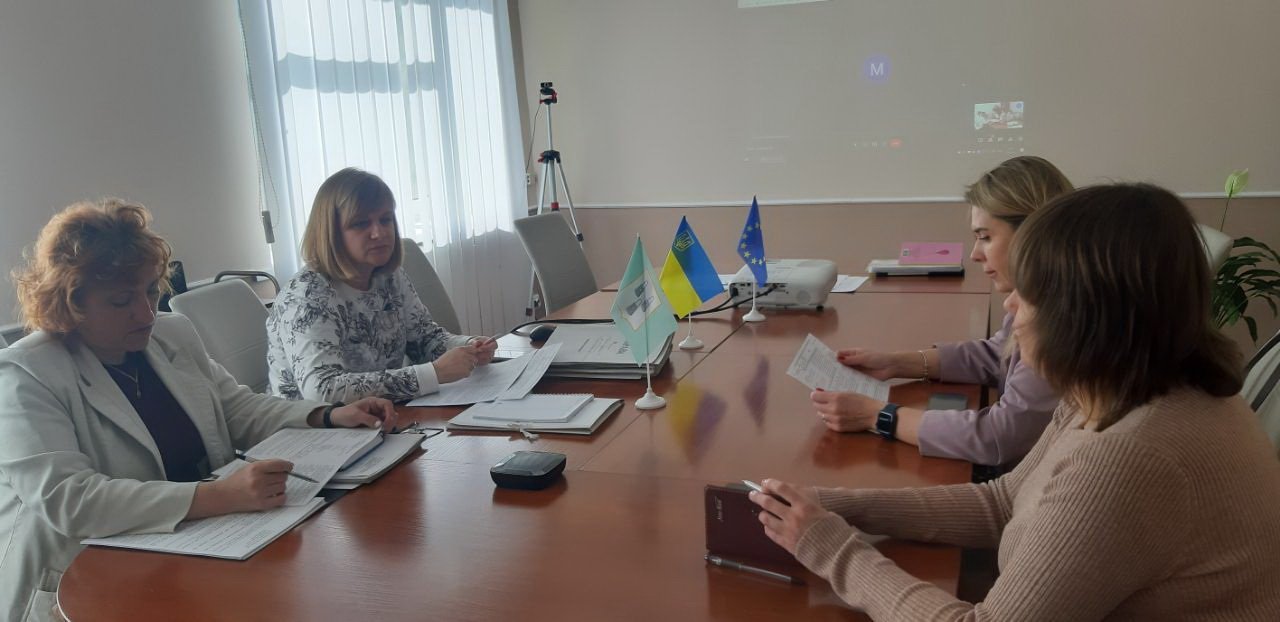I am Mariya Borevich, your personal lawyer. My primary goal is to help clients find optimal solutions to current legal issues, ensuring reliable protection of their interests. I specialize in family, civil, and military law, which allows me to effectively handle a variety of situations and cases. In family law, I provide support in resolving issues related to divorce, property division, establishing and challenging parental rights, alimony, and child custody. I understand that these matters are often emotionally complex, so I always strive to find the most delicate and fair solutions for all parties involved. In civil law, I assist in settling disputes related to contracts, property rights, compensation for damages, inheritance, and other issues concerning the protection of personal and property interests. Special attention is given to military law — supporting servicemen, protecting their rights and interests related to military service, social guarantees, and legal disputes. This area requires deep knowledge and understanding of the specifics of military service and the legislation regulating it.
Representation is the process or practice where one person or group acts on behalf of another person or group. This may involve representing interests, protecting rights, addressing issues, or making decisions on behalf of another person. Representation can take various forms, from legal representation in court to representing interests to the government or an organization. This process entails that the representative acts in good faith and in the interests of those they represent.
A guardianship and care authority is an important structure existing to protect the rights and interests of people who are in vulnerable situations. It is an institution that provides support and assistance to individuals who cannot independently meet their needs, whether they are children, the elderly, people with disabilities, or individuals with other special needs.
The main functions of guardianship and care authorities include:
Protection of Rights and Interests: Guardianship and care authorities ensure the protection of the rights and interests of individuals under their care. This includes ensuring safety, protection from violence and exploitation, as well as guaranteeing access to basic life necessities.
Provision of Support: Guardianship and care authorities provide diverse support to individuals in need of assistance. This may include medical, social, psychological, and legal support, depending on the specific needs of the individual.
Decision Making: Guardianship and care authorities may make decisions on behalf of individuals under their care if they are unable to make reasonable decisions independently. This may involve decisions regarding medical procedures, financial matters, education, and other aspects of life.
Service Coordination: Guardianship and care authorities may coordinate the work of various services and organizations to ensure the comprehensive satisfaction of the needs of their wards. This helps to avoid duplication of services and ensures effective assistance.
Overall, guardianship and care authorities play a vital role in society by providing support and protection to those who need assistance in their daily lives. They help ensure that the rights and interests of individuals under their care are properly protected and considered, promoting their well-being and independence.
Overall, guardianship and care organizations are important tools of social protection that contribute to ensuring a dignified life and protecting the rights and dignity of individuals in need of assistance.
Guardianship and care organizations play a crucial role in society by providing support and protection for those who, for various reasons, are unable to make decisions or care for themselves. Representation in such organizations is a key aspect of ensuring the rights and interests of these individuals.
Guardianship and care organizations provide assistance to people with various degrees of limitations, such as children, people with disabilities, the elderly, and others who require support in their daily lives. These organizations are responsible for addressing issues related to the care of such individuals, maintaining their well-being, medical care, education, and other aspects of their lives.
However, in many cases, individuals under guardianship or care may be unable or unable to express their wishes or defend their rights. This is where representation comes into play - a mechanism through which another person or entity acts on behalf of these individuals.
Representation in guardianship and care organizations has significant social and legal implications. It ensures that the interests and needs of individuals under guardianship or care are considered in all aspects of their lives. The representative oversees living conditions, medical care, education, and other aspects to ensure that individuals under guardianship receive proper support and care.
Additionally, representation in guardianship and care organizations can be important for protecting the rights and interests of these individuals in the legal sphere. A representative may appear in courts, negotiate agreements, and act in the best interests of the ward in all legal matters.
The process of representation in guardianship and care organizations may vary depending on the specific country and its legislation. Typically, a representative is appointed by the court or relevant authority in accordance with the law. They may be given the authority to make decisions in certain areas or act solely on the instructions of the court or other competent authorities.
Representation in guardianship and care organizations is an important mechanism for protecting and supporting those in need of assistance in everyday life. It ensures that their rights and interests are properly protected and considered, promoting their well-being and independence.

































